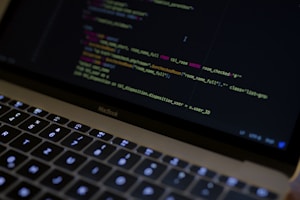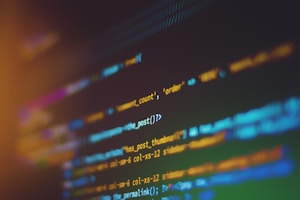Active firewalls are a useful deterrent against online attacks by hackers and make it possible to defend your systems and applications from external attacks and infections through the weakly guarded portions of your network. Firewalls keep networks safe and secure from all kinds of attacks and intrusions are easy to defend against with the proper setting being placed on the firewall to configure it in such a way that it will keep out all the dangerous attacks and ensure that the system can run safely and securely without necessarily having to let in attackers and get itself infected and corrupted by hackers.
Hackers are always coming up with new ways and means of infecting information systems and work as hard as they can to attack a system in subtle yet dangerous ways. For instance, they will pretend to be genuine users of a system and, when they masquerade to be the legitimate users, get to sneak traffic past the firewalls and hence end up inside the system where they can easily escalate privileges and use the system in the same way as a system administrator would do to control the entire system. Here, they can also modify the permission model of the system they have managed to gain access into and use this as a means of taking over the system, install their own applications and make away with information and other sensitive details.
The firewall state determines whether or not it will detect when attacks are in progress, or the hackers will sneak by with their hacking tools and exploits without the firewall routines noticing anything happening. An active firewall is one that actively filters, inspects, and scans the incoming traffic over the network and uses this information and the opportunity to lock out all the unwanted traffic in addition to keeping the system safe and secure. Any suspicious traffic sources detected by the active firewall are always blocked, and their IP addresses are noted so that any further attempts at establishing a connection are simply refused. The system can keep on running without getting interrupted.
The applications that are running in the system also should not get attacked by the hacker, and the responsibility of the firewall in this respect is to make sure that all the traffic flowing into the system is safe and has been scanned for any threats or attachments that are intended to learn more about the system. The system’s behavior is also determined by how well the firewall can prevent unauthorized software from installing itself into the applications and stealing information.
In conclusion, active firewalls are very effective at preventing hackers from getting into the system to steal information or make changes or even corrupt the systems that they attempt to hack. An active firewall also keeps a system running safely and securely away from the outside world’s interruptions, which is full of hackers and all manners of information criminals intent on causing harm and damage to computer systems and applications.









